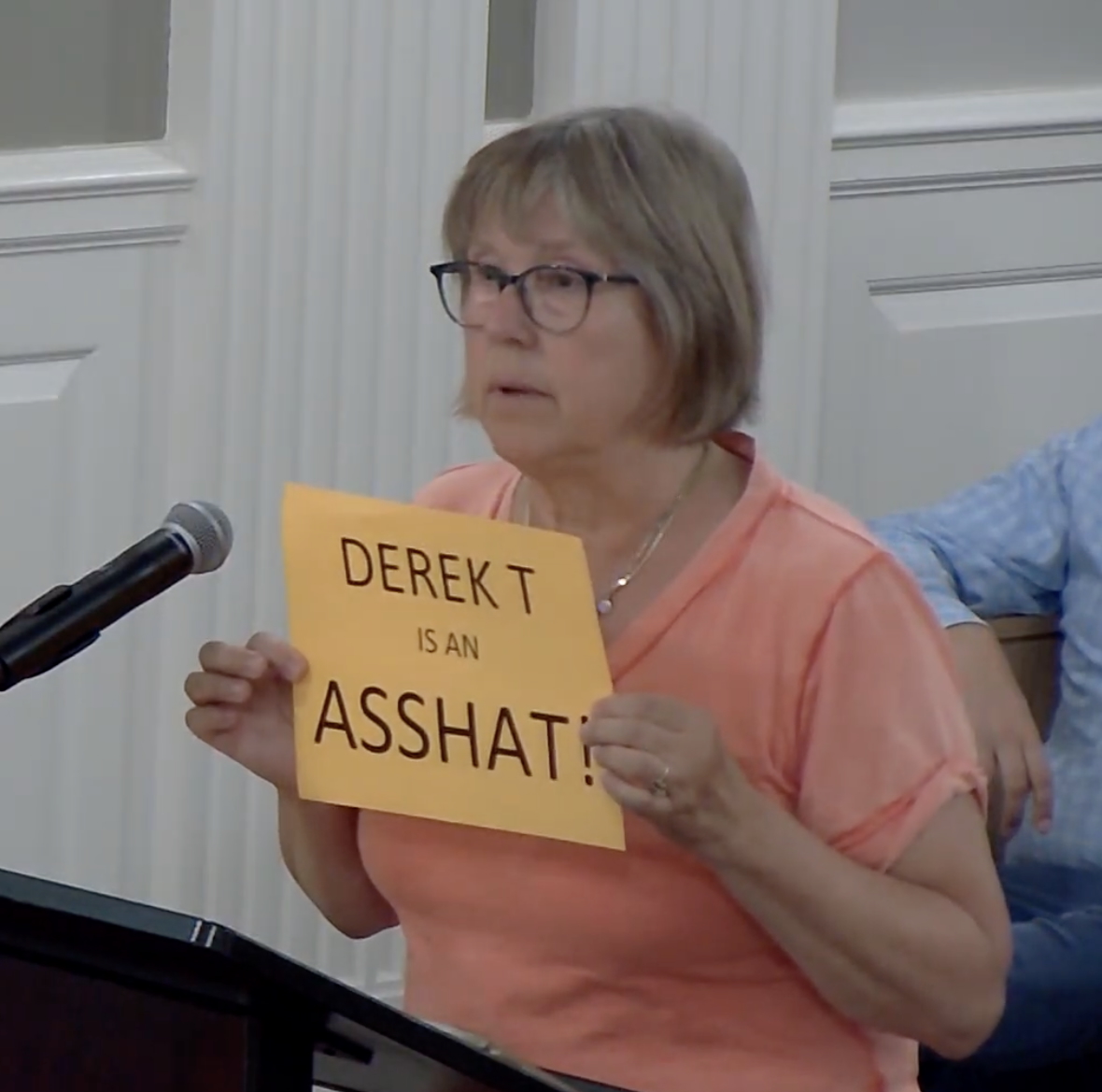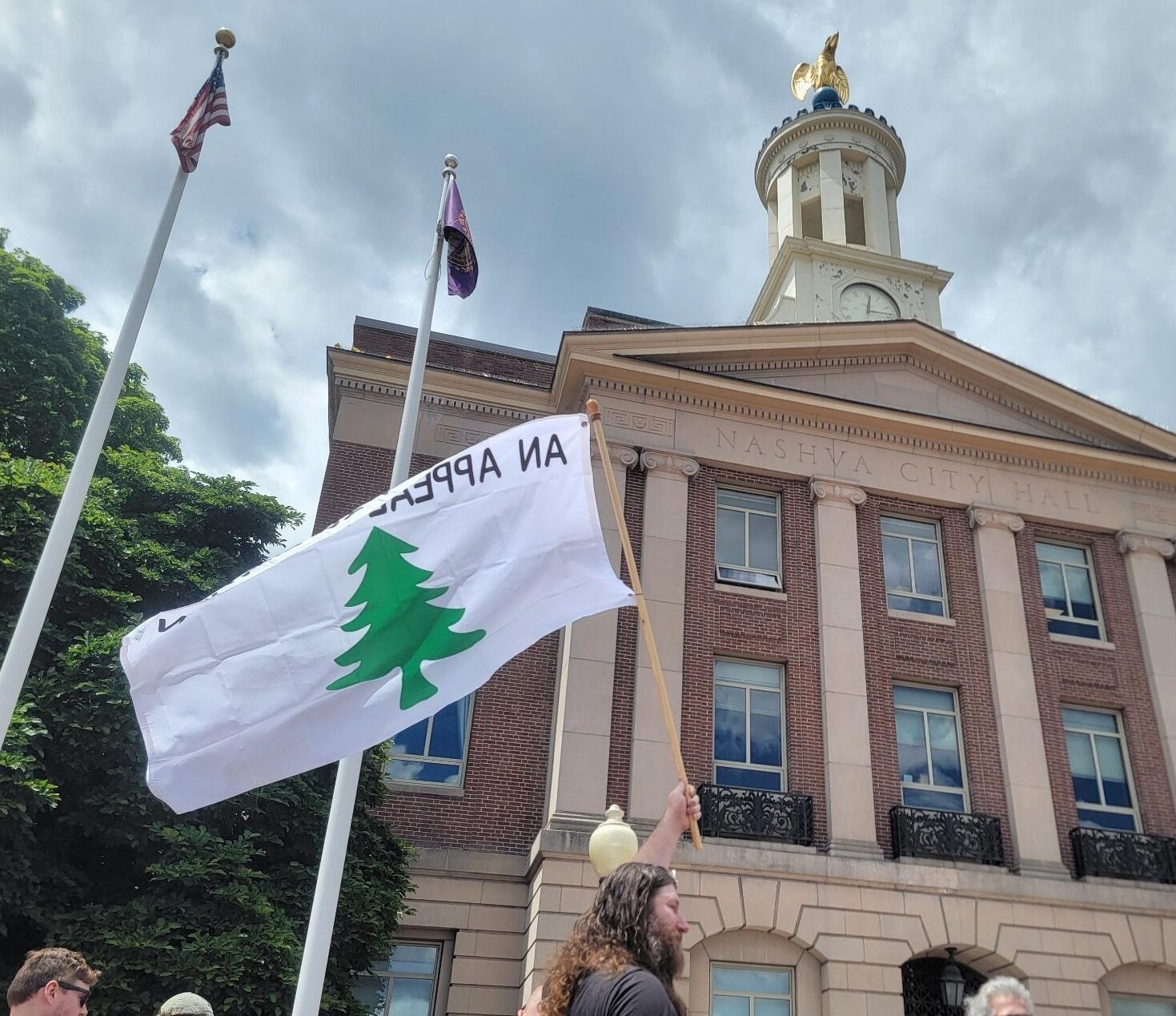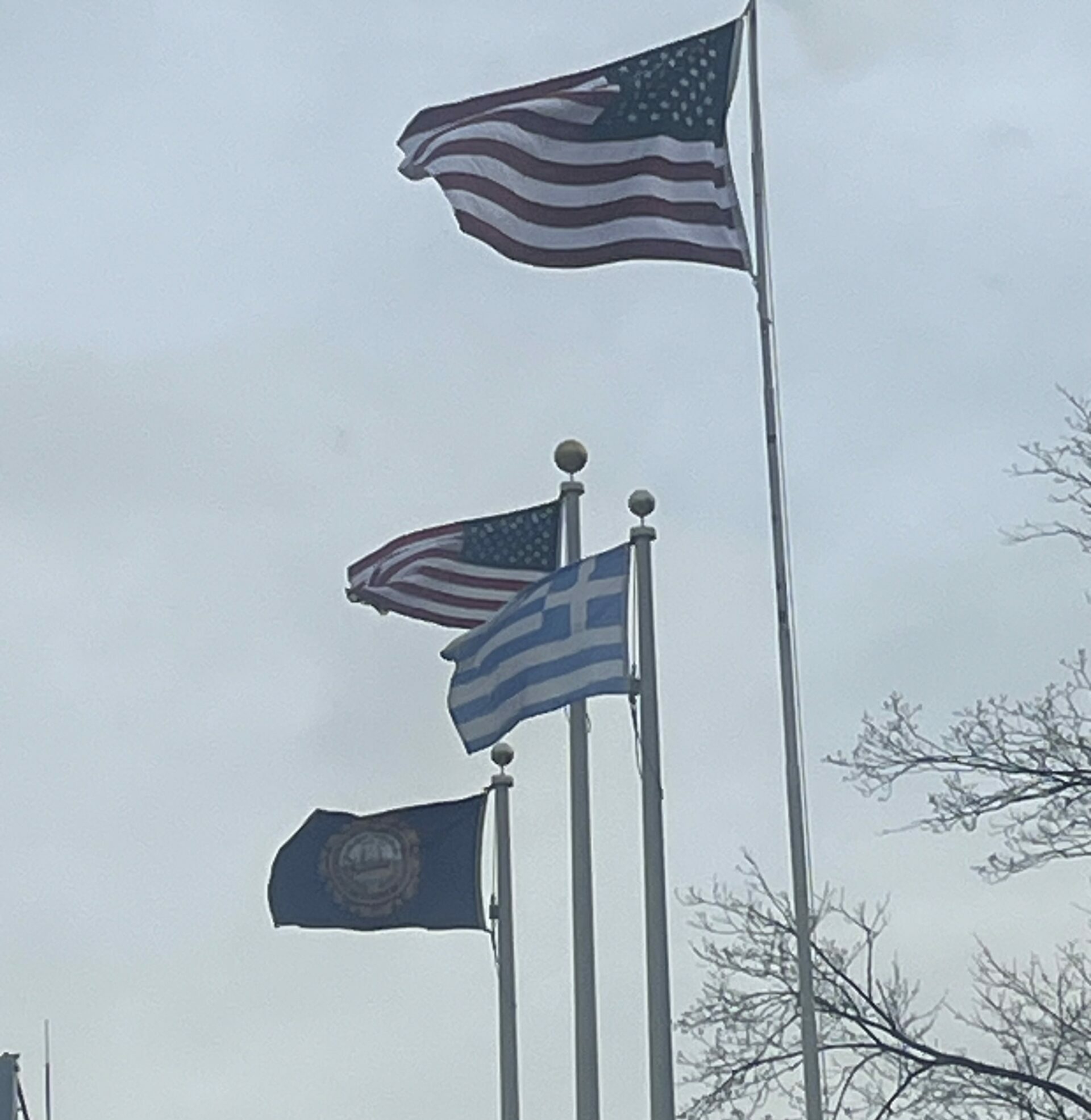Nashua Mayor Pours Cold Water on Chinese Beverage Conspiracies

There never was and never will be a plan to sell Nashua’s water company to a Chinese beverage company, Mayor Jim Donchess said Tuesday night.
“I think you’ve been told things that aren’t true,” Donchess said.
People from outside the city crowded into the Gate City’s Board of Aldermen meeting Tuesday, stirred up by politicians like GOP congressional candidate Lily Tang Williams and U.S. Rep. Maggie Goodlander (D-NH02), who have been sounding alarms about Nongfu Spring.
Nongfu is China’s largest private beverage company and paid $67 million for a commercial property in the city earlier this year. Much has been made about the seemingly secretive nature of the purchase. But Donchess labeled those concerns fake news. Nongfu was openly invited into New Hampshire by Gov. Chris Sununu’s administration as part of an economic development initiative, the Democratic mayor said.

Packed Nashua Board of Aldermen meeting to discuss land purchase by major Chinese company on August 12, 2025
“If you have a problem with this, you’re in the wrong place. This was initiated and pursued by Concord. We are kind of just spectators to the whole thing,” Donchess told the crowd.
Nashua’s water utility, Pennichuck Water, is a company owned by the city. Pennichuck CEO John Boisvert said everyone in Nashua would know if there was ever a sale in the works, but there isn’t, he said.
“We are not for sale, and you all would know it if we were,” Boisvert said.
Alderman Michael O’Brien, a retired city firefighter, called the Nongfu rumors a fire they didn’t start.
“An arson, if you will,” O’Brien said.
O’Brien was one of the city officials involved in the decade-long fight by the city to buy Pennichuck. At the time, Nashua wanted to prevent a foreign company from buying the local utility. Donchess said given the history, no one in the city government would approve any sale.
“The City of Nashua spent a lot of money, a lot of effort, and a long legal struggle to make sure a French company didn’t buy the water company,” Donchess said.
Nongfu was enticed to set up shop in Nashua by state officials, Donchess said. The company was already looking to expand into the United States and had narrowed its choices down to Nashua or a site in Maryland.
The company chose Nashua on the expectation that it would create hundreds of jobs in the city by opening a bottling plant. But rumors swirled for months that the city was selling Pennichuck, or selling water rights, or selling Pennichuck land to Nongfu. All are complete fabrications, Donchess said.
“Politicians are trying to get you upset … We understand that you may have concerns about this. We don’t really control any of this,” Donchess said. “You may be frustrated and angry, but (Nashua officials) are not the people you should be angry with.”
The state government is in control of nearly every aspect of Nongfu’s start-up. Under state law, Pennichuck is required to sell water to any customer, including foreign-owned companies. The Public Utilities Commission sets the price for the water. Additionally, the Public Utilities Commission would ultimately be able to veto the sale of any assets, like Pennichuck’s water rights or land.
Public comment for the meeting was scheduled to take place later in the meeting. Other Aldermen expressed frustration with the Nongfu misinformation coming from outside the city.
But some of the rumors may be coming from closer to home. Alderman Melbourne Moran blamed outside politicians for ginning up fear about the city selling the utility, while at the same time saying people should be afraid of large corporations poisoning the water supply.
“It’s reasonable to assume that a billionaire or a multinational corporation would poison the people of the city. The people are right to be concerned,” Moran said.
Moran went on to say that the United States would not take the poisoning of Nashua by a Chinese beverage company lightly.
“We would crush them in a war like that,” Moran said.












